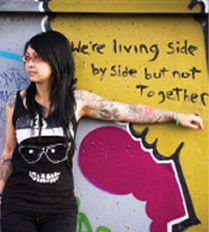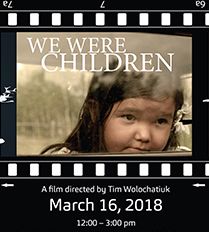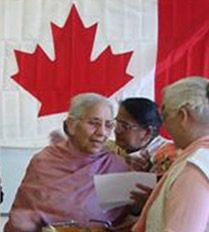WHAT'S ON
CMEF Presents: 16 Ways For Teachers To Proactively Address Racism In The Classroom (May 2, 2023)
1. Stand up against racism when you see it.
2. Talk about the discomfort you experience to a person giving off “racist vibes”— deal with those you sense the vibe from directly.
3. Respect one another and the limits of your own understanding.
4. Use communication to overcome discomforts.
5. Develop a sense of the cultures represented by youth in your classroom.
6. Read about Indigenous ways of being.
7. Learn about history of colonialism in your city and beyond.
8. Teach kids about who they are and what role they will play in the fight against racism.
9. Talk about racism in the school or at home with your own children.
10. Learn about what racism is and how racism emerges in subtle biases.
11. Learn to identify racism in yourself.
12. Connect the message to parents.
13. Go in to communities and talk to leaders of cultural, multi-cultural, Indigenous, and other non-normative organizations.
14. Set up the classroom so that racism can be discussed.
15. Organize show-and-tell about “the place I am from” (especially helpful for refugee children).
16. Periodically, talk about heritage in the classroom (ex. for a few minutes every day).
How We Arrived at these Proactive Steps: These proactive steps resulted from an interview between Ms. Beryl Scott, president of the CMEF, and Stephanie Varga, a member of the CMEF’s board of directors. The authors conducted this interview to answer the question: What are proactive actions teachers can take in the classroom to support minority students who experience racism?
About the Authors
Interviewee: As a Jamaican woman, Ms. Scott has experienced racism throughout her life and she has spent much of her retirement in the fight against racism (Varga, 2021, p.1). Upon completion of her education in nursing, Ms. Scott travelled to Canada, the place she now calls home. During her retirement she spends her spare time organizing events to cultivate tolerance between people who come from different sociocultural backgrounds. Many of these activities are conducted as part of her work with the CMEF. In light of the Black Lives Matter movement, Ms. Scott made the following statement on the CMEF website in 2021:
…over the past few months, it feels like we, as a Canadian society, are going backwards. These have not been easy times. Still, I am horrified by the
racism being displayed toward our Indigenous peoples, toward our Asian brothers and sisters, toward our Black communities This is not who we are in
Canada. This is not the country in which I chose to live (CMEF, 2021).
According to Ms. Scott, racism is behavior that communicates hierarchical thinking based on racially-decided access to goods, services and respect. She emphasizes the following point: kids learn the meaning of race from their parents. According to Ms. Scott, “it takes a very strong-minded person” working with their child, to overcome the human tendency towards racism (Varga, 2021, p.1).
Interviewer: Stephanie Varga comes from a mixed race house hold. The topic of racism has always been prevalent in her life through the challenges experienced by members of her family.
References
Canadian Multicultural Education Foundation. (2021). Black Lives Matters. https://www.cmef.ca/black-lives-matter/
Varga. S, (2021). Re-telling Racism with a Long Time Activist. EDEL 665 [final paper]






